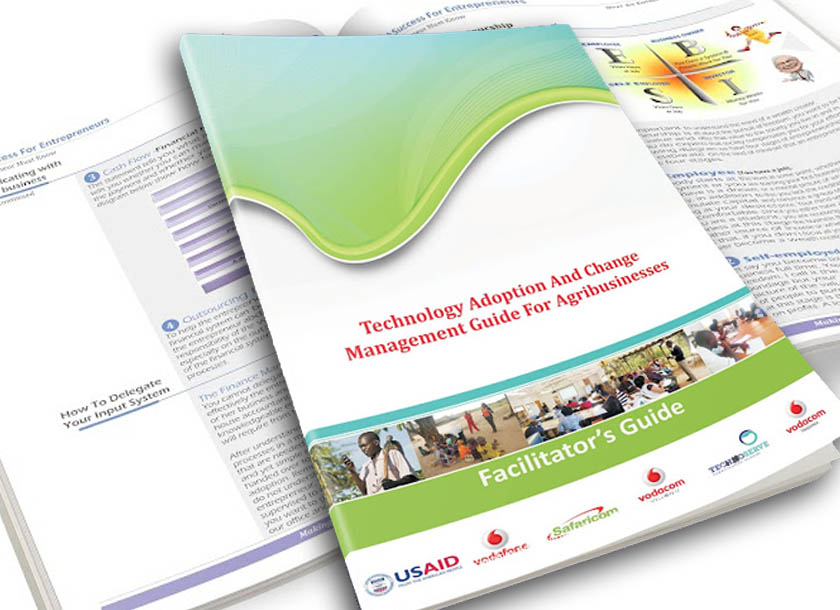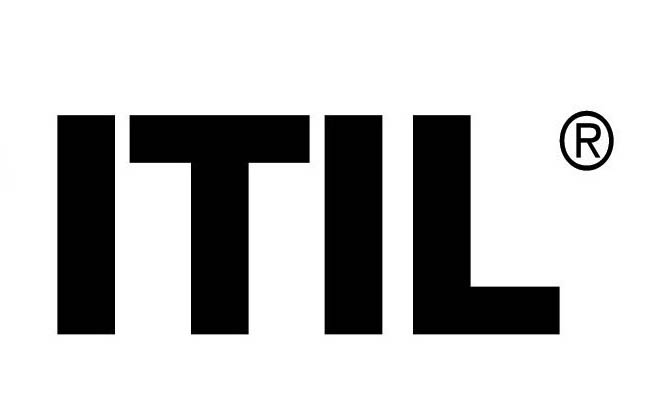About Sentra Training First-class Learning Programs
Professional development for your human resources

Sentra is involved in the production of training material for facilitation guides, adoption management guides and training guides for the localised deployment of various aplications.
Sentra Training also enables individuals and organisations achieve their potential through world-class IT skills training and learning solutions. Whether you're looking for an individual course or a full certification programme, we offer a complete range of business and IT training, including official courses from professional programs and leading vendors like Microsoft, ITIL, PRINCE 2, RESILIA and MSP. Intergrate your operations to the best available IT solutions through comprehensive on site training programs. Reduce your services bill by keeping your staff properly trained to manage your own systems.
Confidence comes from discipline and training.
Robert Kiyosaki
ITIL 
ITIL is the most widely accepted and trusted approach to IT service management in the world, providing a cohesive set of global best practices, drawn from the public and private sectors internationally. ITIL enables utilization of cutting edge IT capabilities to provide world class services and maximize value. The framework reinforces the link between IT and the business by considering the lifecycle of a service from its initial planning, which should be aligned to the business need, through to its final stages. This allows a more comprehensive treatment of strategic options, functions, roles, and responsibilities as well as continual improvement. ITIL also examines the alignment with other best practices and standards
-
The ITIL® certification scheme provides a modular approach to the ITIL framework, and is comprised of a series of qualifications focused on different aspects of ITIL best practice to various degrees of depth and detail.
The tiered structure of the qualification offers candidates flexibility relating to the different disciplines and areas of ITIL and the ability to focus their studies on key areas of interest.
There are five certification levels within the scheme:
- ITIL Foundation Level The Foundation level is the entry level certification which offers you a general awareness of the key elements, concepts and terminology used in the ITIL service lifecycle, including the links between lifecycle stages, the processes used and their contribution to service management practices.
- Practitioner Level The Practitioner level is the next stage in the ITIL scheme. It has been developed to provide a step between Foundation and the Intermediate Level and aims to improve the ability of individuals to adopt and adapt ITIL in their organizations.
- Intermediate Level The Intermediate level certification has a modular structure with each module providing a different focus on IT Service Management. You can take as few or as many Intermediate qualifications as you need. The Intermediate modules go into more detail than the Foundation level and Practitioner, and provide an industry-recognized qualification.
- Expert Level The ITIL Expert level qualification is aimed at those who are interested in demonstrating knowledge of the ITIL Scheme in its entirety. The certificate is awarded to candidates who have achieved a range of ITIL certifications and have attained a well rounded, superior knowledge and skills base in ITIL Best Practices.
- Master Level To achieve the ITIL Master certification, you must be able to explain and justify how you have personally selected and applied a range of knowledge, principles, methods and techniques from ITIL and supporting management techniques, to achieve desired business outcomes in one or more practical assignments.
PRINCE 2 
PRINCE 2 (an acronym for PRojects IN Controlled Environments) is a best practice framework that helps project teams and managers to deliver projects on time and within budget. Employed by both the public and private sectors, it has become the de-facto standard for project management.
- Better control and use of resources
- A means for managing risks and issues
- Flexible decision points
- Regular reviews of progress against the project plan and business case
- Assurance that the project continues to have a business justification
- Early visibility of possible problems
- Good communications between the project team and other stakeholders
- A mechanism for managing deviations from the project plan
- A process for capturing lessons learned
PRINCE2 is about doing the right projects, at the right time, for the right reasons. It gives you standard systems, procedures and language for projects. PRINCE2 also provides:
Putting all of this together should enable you to save time and money while delivering projects more efficiently.
For individuals, PRINCE2 certification is an invaluable asset to your career as it increases employment prospects and helps you do your job more effectively. This is true for any job function. A 2016 AXELOS survey questioned individuals in project management and other roles, such as IT, senior management and operations. They reported that "regardless of function, candidates do find that PRINCE2 is valuable to their career"
RESILIA 
RESILIA enables you to understand how you can contribute to effective cyber resilience using your organization’s existing processes and standards.
- Provides the breadth and depth of expertise necessary to develop Cyber Resilience Strategy and Design
- Easily adopt Cyber Resilience into existing Strategy and Design
- Confidence that your strategy design supports Cyber Resilience Best Practice.
Benefits from RESILIA certification to organization / sponsor
- The organization develops staff able to establish holistic security programs that assure the resilience of organizations’ information assets
- Projects and programmes that build security in (rather than bolt it on) are far more secure, and deliver more cost effective solutions
- Protect against threats by ensuring well designed solutions are aligned with strategy
- Increase an organization's credibility when working with clients and vendors.
It is designed to help commercial and government organisations around the world prevent, detect and correct any impact cyber attacks will have on the information required to do business. Adding RESILIA™ to the existing AXELOS Global Best Practice portfolio, including ITIL® and PRINCE2®, brings a common Cyber Resilience best practice for security, IT Service Management and business.
Benefits from RESILIA certification to individuals
MSP 
MANAGING SUCCESSFUL PROGRAMS(MSP) Managing Successful Programmes is an advanced programme management framework for delivering the business benefits required from major change, while addressing the need for sensible governance and control over multiple projects. It is designed to assist organizations in delivering large scale change and provides those responsible for programme management with a best practice approach applicable to any type of organizational programme.
-
Programme Management helps to Lead, organise, manage, and control projects and the overall programme to achieve the final outcome and meet the objectives set by the business strategy.
- Plan at programme level
- Focus on outcomes and benefits
- How to build an organizational Blueprint
- Respond to internal and external change
- Define programme responsibilities and clear lines of communication
- Analyze and engage stakeholders
- Keep the final solution aligned to the set strategic objective
- Add value as a programme
- Apply programme assurance and quality
A programme is made up of a set of projects and other activities identified by an organization. Together these will deliver some defined strategic level objectives that will enable benefit realization and a substantial change in the business. A programme can only do well if the projects within it succeed. The concept of a programme is that it should be more than the ‘sum of its parts’. In other words, without Programme Management the projects would probably still be able to deliver their particular outputs but these would not be co-ordinated or integrated in a way that will achieve the strategic goals.
MSP was developed to help achieve excellence by improving practices, offering better services and preparing more effectively for the future. MSP approach brings numerous benefits:
 Flexor
Flexor




